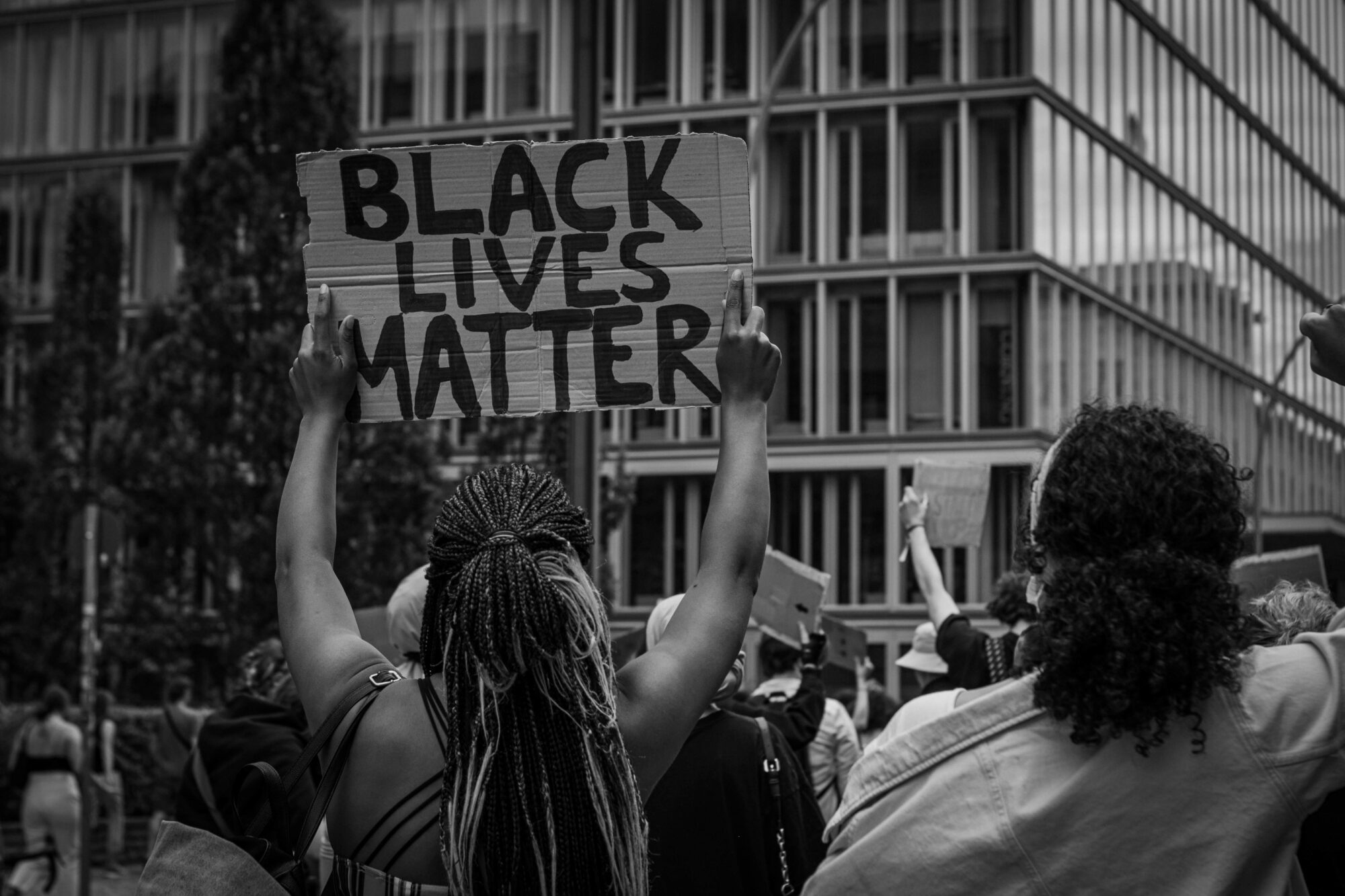For as long as I can remember, a phrase by the famous American film-maker Woody Allen has echoed in my head. ‘I don’t know if God exists. But if he does, I hope he has a good excuse.
Indeed, everything suggests that God, if we consider his existence, has no influence on Earth. Wars, conflicts, famines, aggression and inequality have never ceased. Violence has been going on for thousands of years, and is even becoming more and more barbaric. The last century was marked by several genocides and two wars on a global scale, to such an extent that nihilism came to dominate. The 21st century opened with the promise of a world at peace thanks to globalisation, but is now faced with an increasing number of crises. Today, war is spreading to the four corners of the globe, from Ukraine to Gaza, from Sudan to Yemen, and perhaps soon from Taiwan to Greenland. Nearly 800 million people live in extreme poverty, while 1% of the world’s population holds almost half of the world’s wealth.
And more than 100 million people are refugees, driven from their homes by conflict, famine or climate.
So how can we believe in the existence of divine justice? How can God be synonymous with justice when there is so much injustice?
There’s a good reason for this: the only divine justice is the justice of time. No action on this earth remains without consequence, because time always produces what is due, hence Rabelais’ phrase “time is the father of truth”. Sometimes it takes a week, a month, years, before things finally return to normal. This is the case with an argument, a break-up, a failure, but also with larger-scale issues.
Take colonialism, for example. The British Empire, which exerted its power throughout the world, seemed eternal. And yet it ended up collapsing. The two world wars weakened it, but above all, the liberation movements completed its domination. Where it had taken centuries to build, it took only a few years to undo. And the colonised countries – India, Pakistan, Burma, Sri Lanka, Libya, Ghana, Jamaica – regained their freedom. Similarly, France, which claimed to civilise by exploiting, saw its possessions revolt. From Vietnam to Algeria, from Madagascar to Tunisia, the wars of independence put an end to colonialism and restored rights to these long persecuted nations. These situations can be applied to all the colonial powers, whether Spain, Portugal, Belgium, the Netherlands… and by extension to the colonised powers.
And oppressive regimes. Whether it be the dictatorial Spain under Franco, defeated after numerous political reforms; the apartheid regime in South Africa, collapsed after an international resistance movement; or the dictatorships of Latin America, in Argentina, Chile and Brazil, which finally gave in to democratic demands. And, finally, anything that is inherently unequal, be it ideologies, movements, laws, ideas…
In time, justice always triumphs. Empires collapse, dictatorships crumble, and deadly ideologies die out. Because what was imposed is eventually challenged. What was deceitful will eventually be exposed. What went unpunished will eventually be judged. All injustice carries within it the seeds of its own downfall.
This evolution is both natural and human. Natural, because everything eventually returns to normal. Human, because these changes were made possible by human action. Through their struggles and their fights, the great protagonists have accompanied the natural order of things. Gandhi, Martin Luther King, Mandela, Rosa Parks, Eleanor Roosevelt, Olympe de Gouges… In the end, they were all motivated by aspirations greater than themselves. That’s why they made history.
